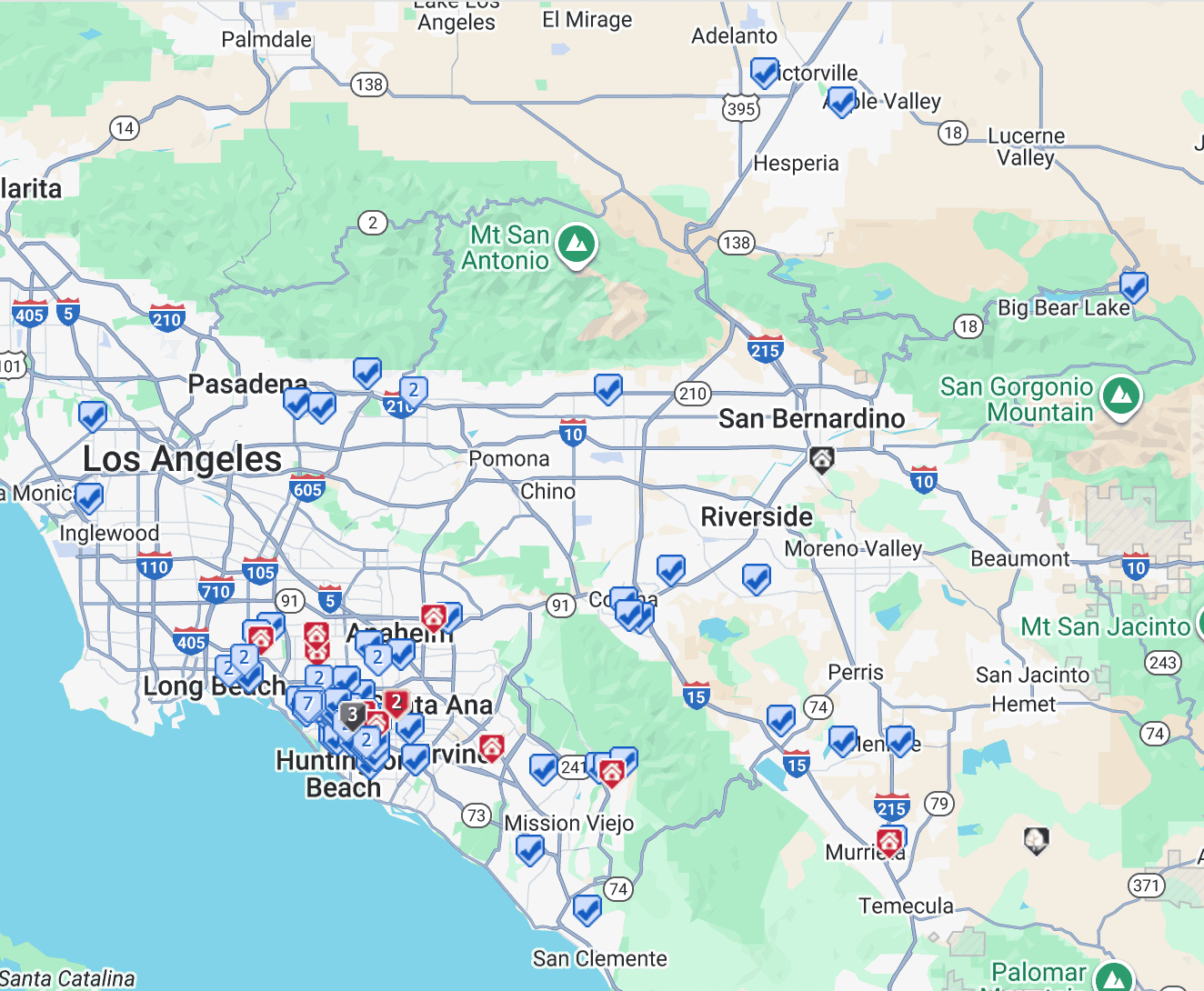
Navigating the probate process in California can be daunting, especially when it comes to appointing someone to manage a loved one’s estate. Under the Independent Administration of Estates Act (IAEA), an independent administrator—also known as a personal representative—can handle estate matters with minimal court supervision, making the process faster and more efficient. But how do you find the right person or professional to serve in this critical role? In this blog post, we’ll guide you through the steps to find an independent administrator for a California estate, ensuring a smooth probate process.
What is an Independent Administrator?
An independent administrator is a personal representative, either an executor named in a will or an administrator appointed by the court, who is granted authority under the IAEA (California Probate Code §§ 10400–10592). This authority allows them to manage tasks like paying debts, selling property, and distributing assets with less court oversight than traditional probate. The key is finding someone trustworthy, competent, and legally qualified to take on this responsibility.
Step 1: Check the Decedent’s Will
If the decedent left a will, start by reviewing it to see if an executor is named. This person is typically the first choice to serve as the independent administrator. Here’s what to do:
- Confirm Willingness: Contact the named executor to ensure they’re willing and able to serve. They must be at least 18, mentally competent, and not disqualified (e.g., a felon or non-resident without court approval).
- Request IAEA Authority: The executor can request full or limited IAEA authority when filing the Petition for Probate with the probate court, allowing them to act independently for most tasks.
If the executor is a trusted family member or friend, this is often the simplest and most cost-effective option.
Step 2: Appoint an Administrator if There’s No Will
If there’s no will (intestate estate) or the named executor cannot serve, the court appoints an administrator. California law prioritizes certain individuals, such as:
- Surviving spouse or domestic partner.
- Children or grandchildren.
- Parents or siblings.
- Other heirs or creditors (if no relatives are available).
To appoint an administrator:
- File a Petition: An interested party, like a family member, files a Petition for Probate in the probate court of the county where the decedent resided. They can request IAEA authority in the petition.
- Court Review: The court holds a hearing, considers any objections, and appoints the administrator, granting IAEA authority unless there’s good cause to deny it (e.g., conflicts of interest).
Step 3: Consider a Professional Fiduciary
If no family member or trusted individual is suitable—due to conflicts, complexity, or lack of expertise—a professional fiduciary can serve as the independent administrator. These are licensed professionals in California who specialize in estate administration. Here’s how to find one:
- Professional Fiduciaries Bureau: Visit https://www.fiduciary.ca.gov to search for licensed fiduciaries in your area.
- Probate Attorneys: Experienced probate lawyers often work with fiduciaries and can recommend qualified professionals. Find attorneys through the California State Bar (https://www.calbar.ca.gov) or local bar associations.
- Professional Fiduciary Association of California (PFAC): Check https://www.pfac-pro.org for a directory of licensed fiduciaries.
- Local Probate Courts: Some courts provide lists of qualified fiduciaries or can point you to resources.
Professional fiduciaries charge fees, typically hourly or a percentage of the estate’s value, paid from estate assets (subject to court approval). Ensure the estate can cover these costs before hiring.
Step 4: Work with a Probate Attorney
A probate attorney is invaluable for finding and appointing an independent administrator. They can:
- File the Petition for Probate and request IAEA authority.
- Recommend professional fiduciaries for complex estates.
- Ensure compliance with legal requirements, such as issuing a Notice of Proposed Action for certain transactions.
To find an attorney, use the California State Bar website, local bar association referrals, or legal directories. An attorney’s expertise can prevent costly mistakes and streamline the process.
Step 5: Request IAEA Authority
Whether the administrator is a family member or a professional, they must request IAEA authority (full or limited) in the probate petition or a separate petition later. Full authority allows independent actions for most tasks, including real property sales, while limited authority requires court approval for major transactions. The court grants authority unless the will prohibits it or an interested party objects with good cause.
Note that a bond may be required, especially for full authority, to protect the estate. Professionals often have bonding arrangements, but family members may need to secure one, adding to costs.
Step 6: Evaluate Practical Considerations
When choosing an independent administrator, consider:
- Competence: They should be organized and capable of handling financial and legal tasks. Professionals are ideal for complex estates with real property or disputes.
- Neutrality: If beneficiaries disagree, a neutral third party, like a professional fiduciary, can minimize conflicts.
- Location: While non-residents can serve with court approval, a local administrator is often more practical for managing estate matters.
Step 7: Verify and Monitor
Once appointed, the administrator must act in the estate’s best interest and file periodic accountings with the court, even with IAEA authority. Beneficiaries can challenge mismanagement, so verify the administrator’s credentials:
- For family members, ensure they understand their fiduciary duties.
- For professionals, confirm their licensing with the Professional Fiduciaries Bureau and check references.
Tips for Success
- Act Quickly: File the Petition for Probate promptly to avoid delays in estate administration.
- Communicate: Keep beneficiaries informed to reduce objections and disputes.
- Assess Costs: Family members may serve without fees, but professionals and bonds add expenses. Discuss these with your attorney.
- Seek Expertise for Complex Estates: If the estate involves significant assets or conflicts, a professional fiduciary or attorney is worth the investment.
Why Finding the Right Administrator Matters
The independent administrator plays a pivotal role in ensuring the estate is settled efficiently and fairly. With IAEA authority, they can bypass much of the court oversight that slows down traditional probate, saving time and money. However, choosing the wrong person—someone unprepared or biased—can lead to disputes, delays, or even legal challenges.
By following these steps and seeking professional guidance, you can find an independent administrator who’s equipped to handle the estate with care and competence, honoring your loved one’s legacy.
Learn More
For more details, explore the California Probate Code at https://leginfo.legislature.ca.gov or contact a probate attorney. If you need any help or guidance do not hesitate to reach out. Simply send us a message or book an appointment.








